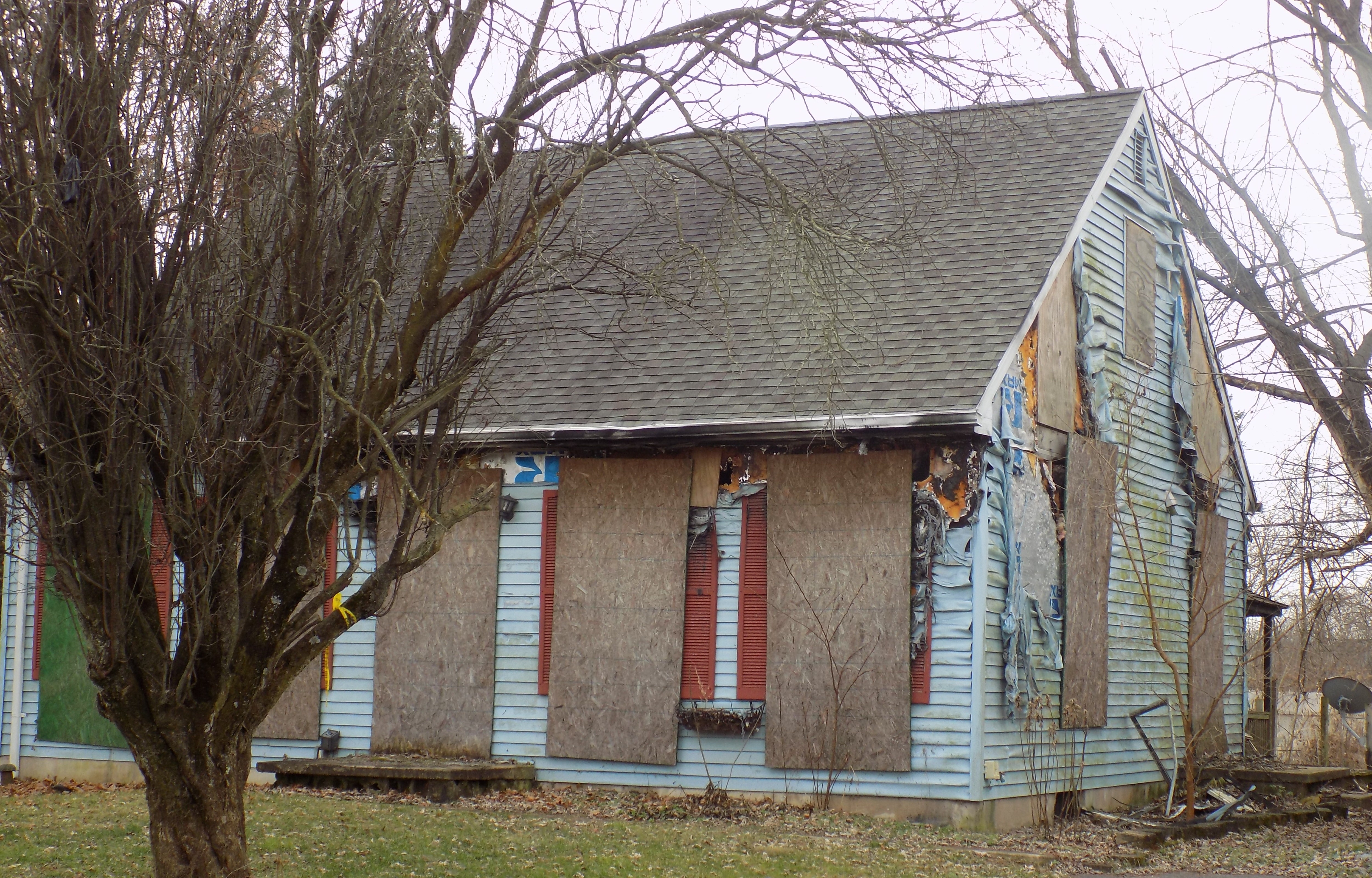In recent years, the issue of blight has become a pressing concern for communities across the United States, including Dover Township. Effective code enforcement and blight management is crucial for maintaining the quality of life, property values, and overall community health.
Understanding Code Enforcement and Blight Management: Code enforcement pertains to the application of laws and regulations that govern property maintenance, zoning, and building codes. Blight management involves identifying and addressing properties that have fallen into disrepair, which can negatively impact neighborhoods. Together, these efforts ensure that communities remain attractive, safe, and functional. Dover Township faces challenges common to many suburban areas, such as vacant homes, neglected properties, and the associated aesthetic degradation. This deterioration can lead to higher crime rates, decreased property values, and a general decline in community morale. Therefore, code enforcement and blight management are imperative for combating these issues.

Picture of a blighted house abandoned after fire damage.
The Role of Local Authorities: Local authorities in Dover Township have a responsibility to identify and manage blighted properties actively. This includes regular inspections to ensure compliance with codes, issuing violations for non-compliance, and facilitating remediation efforts. However, the process can be complex and time-consuming.
Time Constraints and Delays in Enforcement Litigation: One significant challenge in code enforcement is the potential for time constraints and delays associated with enforcement litigation. When a property owner is cited for a violation and does not comply, local authorities may take legal action. This legal process can often be lengthy, involving multiple steps, including:
1. Issuing Violations: Once a property is identified as non-compliant, officials must issue formal violation notices, giving the owner time to address the issues. This initial phase can take weeks or even months, especially if property owners contest the violations.
2. Legal Process: If violations are not addressed, the case may move to court. Preparing for litigation requires time to gather documentation, witness statements, and evidence to present a strong case. The legal process can lead to further delays as courts may have crowded dockets, leading to postponed hearings.
3. Appeals and Compliance: After a ruling, property owners may appeal decisions, which can extend the process significantly. Even after a ruling is made, enforcement may still require additional time to ensure compliance. These delays can be frustrating for community members and officials alike. As blighted properties linger, their negative impacts on surrounding properties and neighborhoods can worsen.
The Importance of Timely Interventions: Addressing blight promptly is key to preventing further deterioration. Effective code enforcement and blight management programs should include strategies to expedite the enforcement process. This can involve streamlining communication between departments, employing technology for tracking and managing cases, and fostering collaborations with community organizations to engage property owners in the process.
Conclusion: In Dover Township, the importance of code enforcement and blight management cannot be overstated. While the challenges posed by time constraints and delays in enforcement litigation are real, the commitment to maintaining vibrant and safe neighborhoods is critical. By investing in efficient processes, local authorities can better serve the community, ensuring that Dover Township remains a desirable place to live, work, and thrive. Through collaborative efforts and proactive management, the battle against blight can be effectively waged, leading to stronger, healthier communities for all residents.




